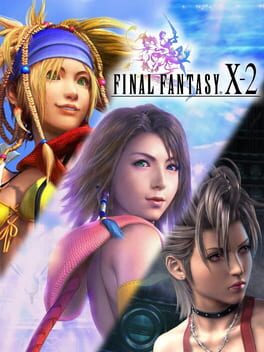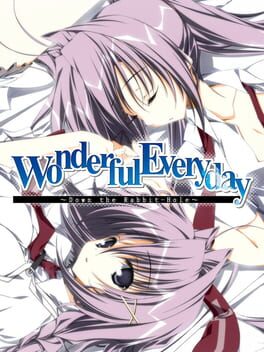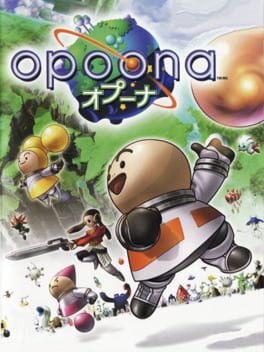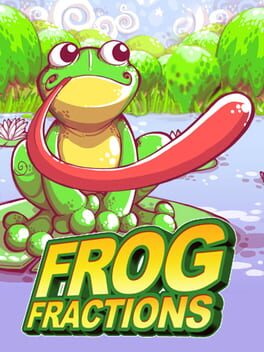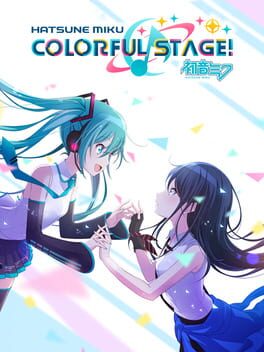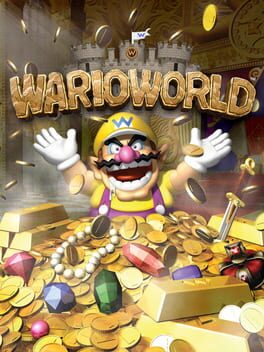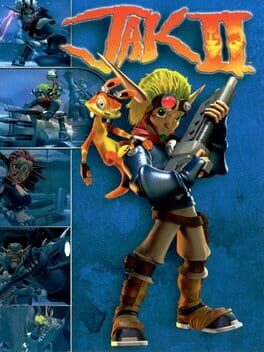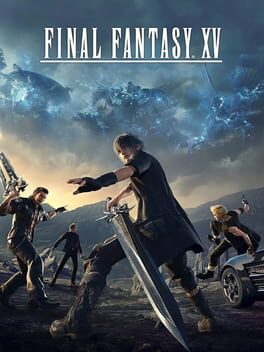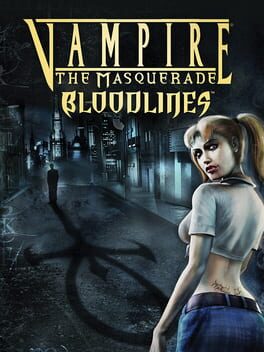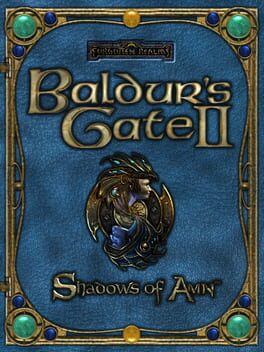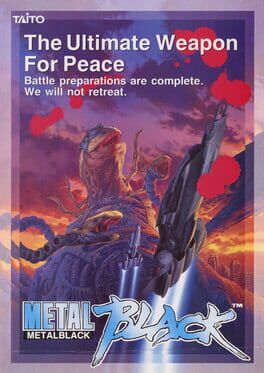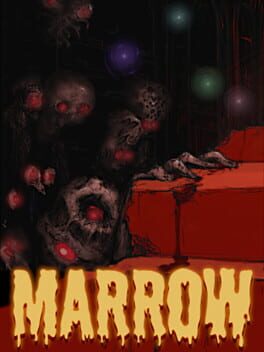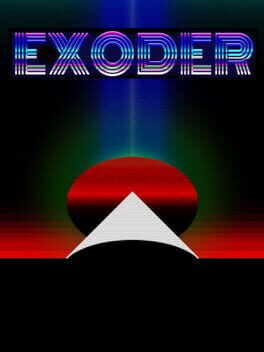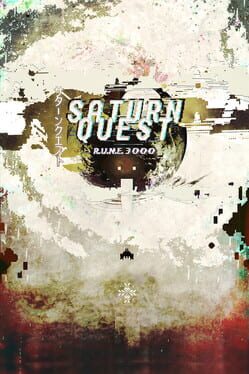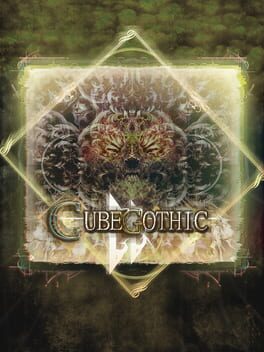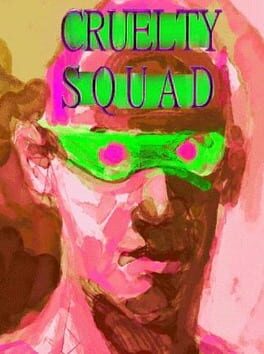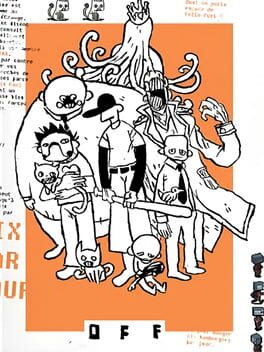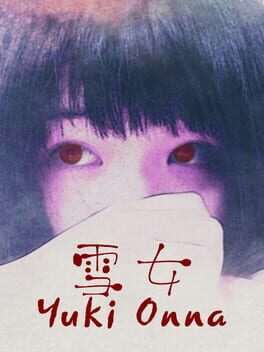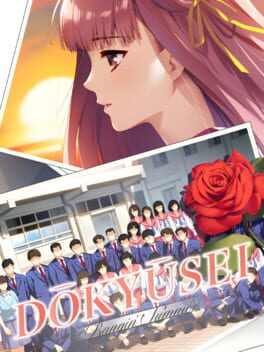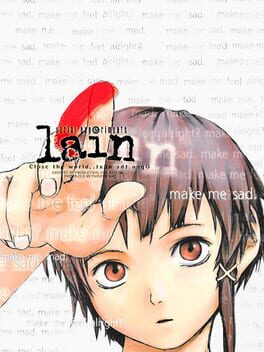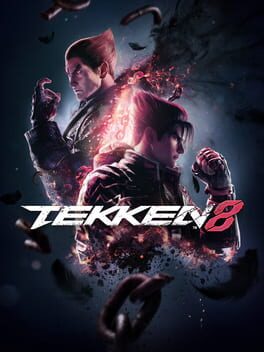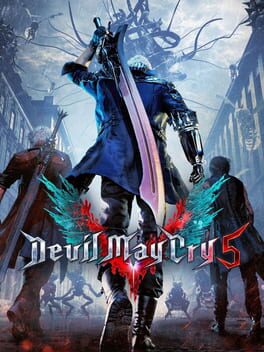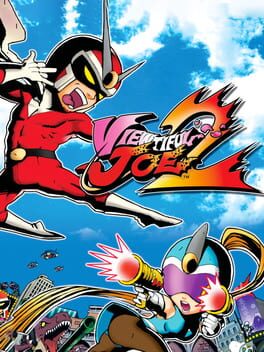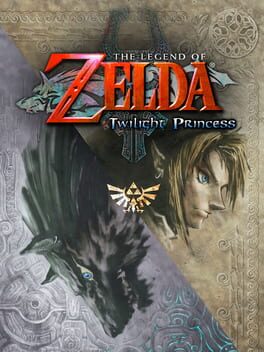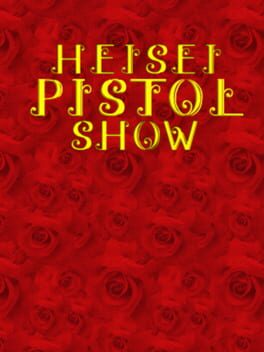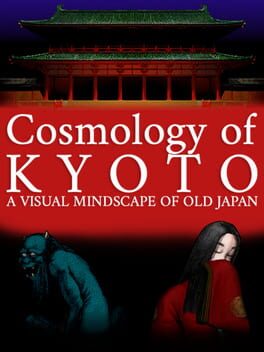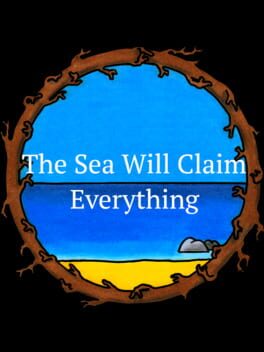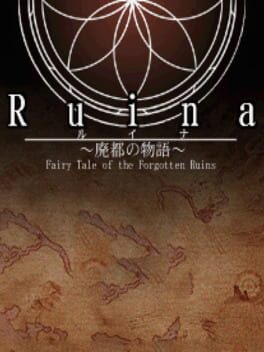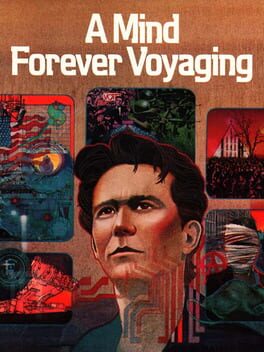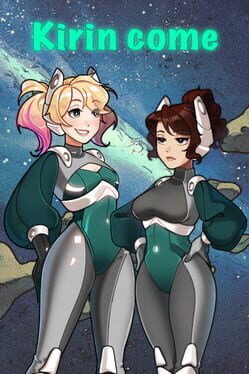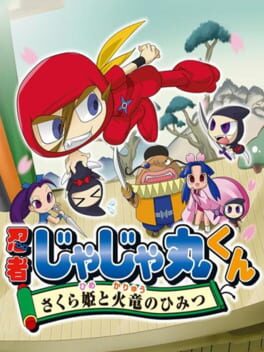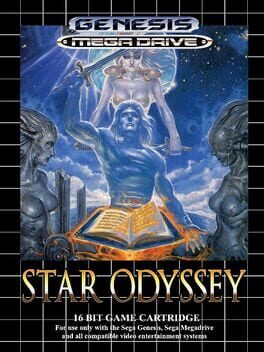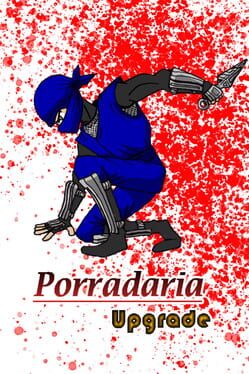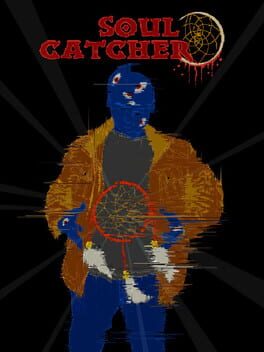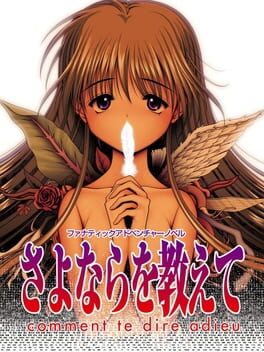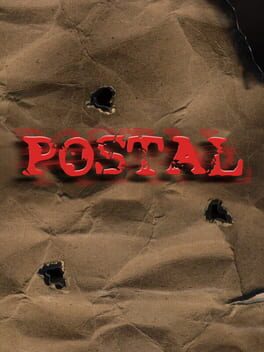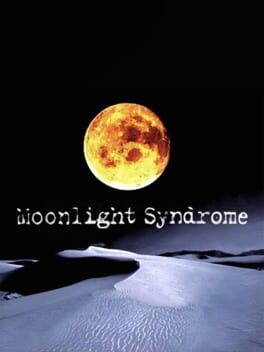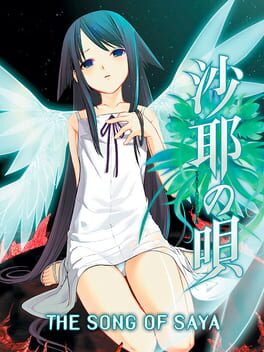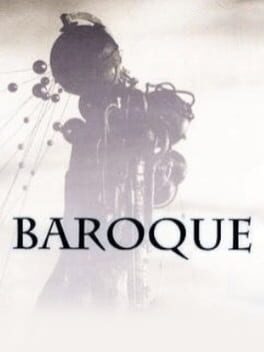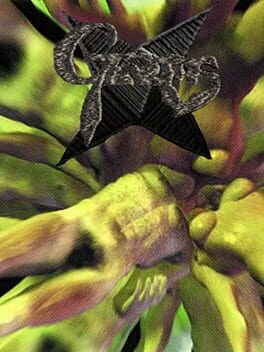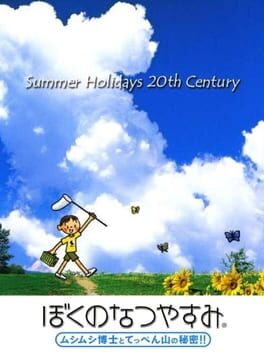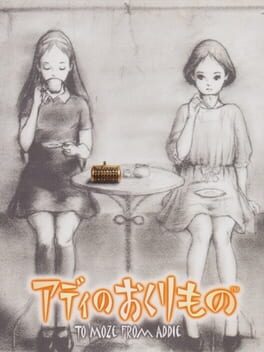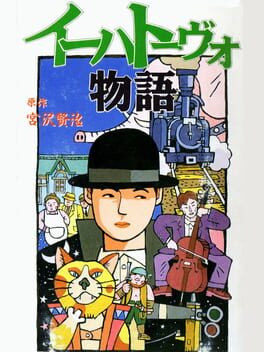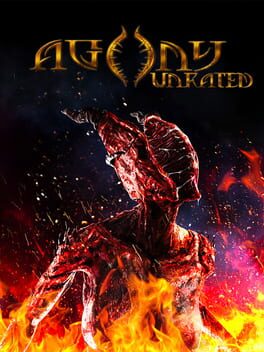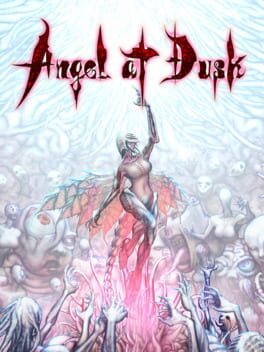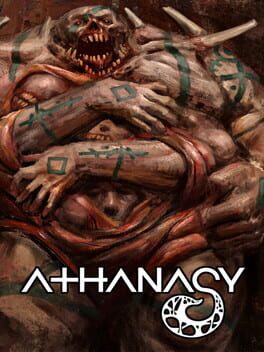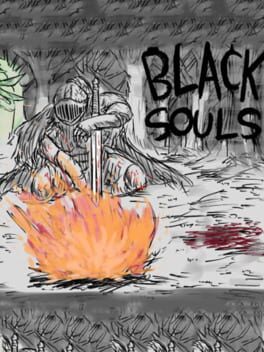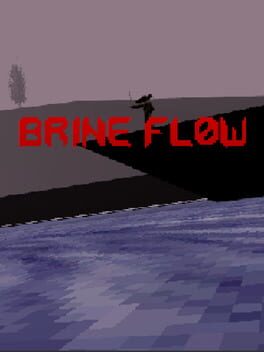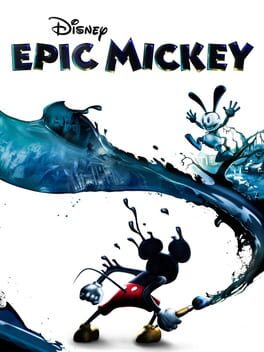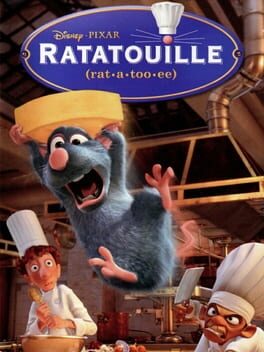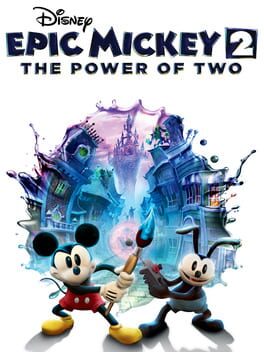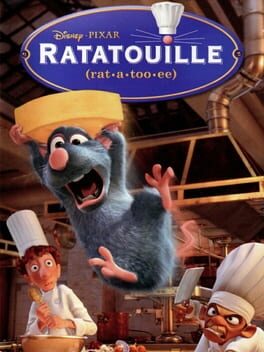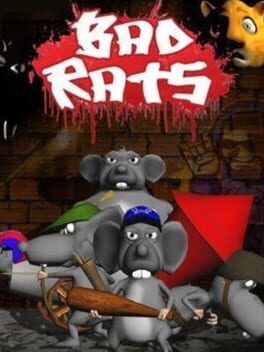Ratsune
793 reviews liked by Ratsune
Final Fantasy X-2
2003
Yuna: "My two girlfriends. And yes, they smoke weed."
Wakka: "Do they smoke weed, ya?"
Yuna: "Yes, actually."
Lulu: "You mean she isn't just smoking a cigarette?"
Khimari: "Khimari don't know weed cigarettes."
Dressphere change: Dancer
Yuna: "It's called a phid... not weed cigarette..."
Yuna: "And yes, it is a weed phid. They all smoke weed phids before we kiss. (They are my girlfriends,)"
Wakka: "Do they smoke weed, ya?"
Yuna: "Yes, actually."
Lulu: "You mean she isn't just smoking a cigarette?"
Khimari: "Khimari don't know weed cigarettes."
Dressphere change: Dancer
Yuna: "It's called a phid... not weed cigarette..."
Yuna: "And yes, it is a weed phid. They all smoke weed phids before we kiss. (They are my girlfriends,)"
Opoona
2007
There are a lot of things to complain about this game. The weird difficulty spikes, the slow menus, the lack of diverse gameplay systems. But shallow? Opoona is anything but.
Opoona, at least in its first arc, is a game that explores what it means to be a citizen. Its society lies somewhere between utopian - due to how many systems are in place to ensure you have an intuitive time getting through your quotas - and dystopian, for arguably the same reason. All of your worth as a citizen of the domes is determined by the work you can do. Your primary job is chosen for you against your will, and there are certain careers that are forbidden to you due to you being a foreigner to the planet Landroll. There are numerous NPCs stuck in airports or outside of the city because they have lost their ID, or simply never allowed to have one. You are lucky to be from a "nicer planet", they tell you, while at the same time patronizing and excluding you if your existence is not deemed profitable enough at that place and time.
Yet, the world is not bleak. At least not to you. You are allowed an ID, multiple job opportunities, places to rest, a couple free meals and a variety of friends. The domes, while sometimes labyrinthine and cold, have a certain beauty to their architecture and how well things flow. The right symbol always leads to the right place. The counters are always in the same order. Every process has the same steps to completion. The fact that most gameplay mechanics are either menu, single button presses or reskins of the battle system might be a sign of the game's lack of "depth" to some, but to me it's simply an extension of the way the game represents the highly bureaucratic Landroll society.
I chose to acquire the license for (and progress through a good amount of) every side job. This game can be quite easy if you spend a couple of extra minutes grinding, so the extra money wasn't necessary. But it made me feel like I was contributing something to someone. Janitors in Landroll are held in high praise for their skills, and rightfully so. Art is a vital part of society, even though it's highly commodified and treated like a product of a job quota instead of an expression of the self. People are given jobs that are adequate for their specific needs, so everyone can contribute no matter what their physical or mental capacity is.
When you do go outside of the domed portion of society in the game's second arc, you really start to notice the faults of the system. Even without the influence of the Dark Force, it is a system that hates outsiders and people they can't exploit to their full capacity. The game becomes a sort of Dragon Quest-like narrative at this point (ArtePiazza worked on handful of those, so it makes sense that they nailed that feeling very well), but I care so much about the world by that point that I actively want to save it, because I care about the people in it. There is a beautiful world outside of the domes (really, the graphics in this game are actually really good), and I want to make sure the people living out there are also safe and cared for as much as they care for each other.
I can't really call this a utopia, but I wouldn't call it a dystopia either. It's a society that values convenience above humanity, and yet humanity still manages to shine through. You may be forced to work a dumb job you didn't ask for until society deems you have no more purpose, but at least you get free breakfast and an opportunity to bond with your friends over it.
Opoona, at least in its first arc, is a game that explores what it means to be a citizen. Its society lies somewhere between utopian - due to how many systems are in place to ensure you have an intuitive time getting through your quotas - and dystopian, for arguably the same reason. All of your worth as a citizen of the domes is determined by the work you can do. Your primary job is chosen for you against your will, and there are certain careers that are forbidden to you due to you being a foreigner to the planet Landroll. There are numerous NPCs stuck in airports or outside of the city because they have lost their ID, or simply never allowed to have one. You are lucky to be from a "nicer planet", they tell you, while at the same time patronizing and excluding you if your existence is not deemed profitable enough at that place and time.
Yet, the world is not bleak. At least not to you. You are allowed an ID, multiple job opportunities, places to rest, a couple free meals and a variety of friends. The domes, while sometimes labyrinthine and cold, have a certain beauty to their architecture and how well things flow. The right symbol always leads to the right place. The counters are always in the same order. Every process has the same steps to completion. The fact that most gameplay mechanics are either menu, single button presses or reskins of the battle system might be a sign of the game's lack of "depth" to some, but to me it's simply an extension of the way the game represents the highly bureaucratic Landroll society.
I chose to acquire the license for (and progress through a good amount of) every side job. This game can be quite easy if you spend a couple of extra minutes grinding, so the extra money wasn't necessary. But it made me feel like I was contributing something to someone. Janitors in Landroll are held in high praise for their skills, and rightfully so. Art is a vital part of society, even though it's highly commodified and treated like a product of a job quota instead of an expression of the self. People are given jobs that are adequate for their specific needs, so everyone can contribute no matter what their physical or mental capacity is.
When you do go outside of the domed portion of society in the game's second arc, you really start to notice the faults of the system. Even without the influence of the Dark Force, it is a system that hates outsiders and people they can't exploit to their full capacity. The game becomes a sort of Dragon Quest-like narrative at this point (ArtePiazza worked on handful of those, so it makes sense that they nailed that feeling very well), but I care so much about the world by that point that I actively want to save it, because I care about the people in it. There is a beautiful world outside of the domes (really, the graphics in this game are actually really good), and I want to make sure the people living out there are also safe and cared for as much as they care for each other.
I can't really call this a utopia, but I wouldn't call it a dystopia either. It's a society that values convenience above humanity, and yet humanity still manages to shine through. You may be forced to work a dumb job you didn't ask for until society deems you have no more purpose, but at least you get free breakfast and an opportunity to bond with your friends over it.
Frog Fractions
2012
I've come here
From beyond the bounds of science
I didn't come with a leek
But I wouldn't mind having one
I love virtual singers. My favorite composers and songwriters all use them, and I'd like to say I'm very well versed when it comes to this kind of music. As artistic tools and instruments, it's kind of overwhelming how much potential these voicebanks have. The same song put in two different people's hands can wind up having insanely different reflections, if tuned right. I've heard vocals that sound near identical to a humans, I've also seen them sound so rough and robotic that words are barely legible. Which producers I like, the songs I enjoy, tracks that make me cry, I can talk about those all day if you let me. The history of Vocaloid in general is a very interesting and pervasive one. Does this game do a good job of upholding it?
Kind of. As a game, its incredibly fun. More of a rhythm game than Project Diva, which SEGA has long since chucked into a ditch. I know this style of mobile rhythm game has been done many times in other places, but it works perfectly well. Its all dependant on your ability to follow the beat of a song and tap the notes in tune, unlike in Project Diva where it was more of a battle against the controller (hit x + y + b? What the fuck are you talking about?) since of course, being originally develeoped for an arcade cabinet, it was never going to feel especially good on consoles. This however, being made for mobile, makes the experience leagues better. And the tracklist is insane. Such good picks, a huge range of styles and producers to chose from that doesnt just rely on the classics. Modern Vocaloid producers are insanely talented so I'm more than happy that Sekai keeps up with the current music.
My biggest complaint with this game is how they treat the overall legacy and dignity of the songs they chose, as well as Vocaloid in general. The plot of this game is that of these 5 (human) groups, each supposedly representing a style common in Vocaloid music. Their lives are a wreck but one day their phone flashes and theyre teleported to Miku World, where Miku herself helps these wayward teens through whatever it is they are going through on that particular day. I understand that this game is marketed to young adults, they have to keep Vocaloid relevant, and they also have to sell marketable characters for gacha. But man. I dont give a single shit about any of these people. Some of them are ok, even sweet!- like leo/need is cute. The writing for their stories isnt bad or anything, but the problem arises when they shoehorn these (fake) characters into songs made by real people, with real problems, making it seem like the song is about the characters. Some ditzy idol MitchieM song, ok whatever, but a lot of Vocaloid music tends to be very personal, philosophical even. I feel like its INSANELY disrespectful to overwrite the intentions of the artist to shoehorn in your gacha ocs. Especially with the "depressed" idol group, which they couldnt even be bothered to tackle social issues or anything important besides "my mom makes me do stuff" or "I'm an artist and my brother is annoying" or, confusingly, "my dad is in a Music Coma and its ALL MY FAULT" (relatable, to someone, surely). When a great deal of these songs are about real people's sadness and feelings, I cant help but feel gross seeing Purple Anime Girl #1 cover something like Hated by Life Itself. And they dont just make these people cover these historically important songs, they also create whole new music videos with the Sekai characters pasted over whatever was originally happening? What? How is that right? Even just historically, those original and Project Diva MVs are very important to the culture and rise of the artform. Why paste fucking Mizuki over the video for Hello Worker? She cant even fucking work shes a CHILD. HOW does she relate to the song at all? If you cant properly tackle why a teenager would want to jump off a bridge (as a few producers have wound up ending their lives or passing away otherwise) maybe dont make your bimbo gacha teehee heehaw teen sing a whole song about it. Even regular tracks, if you're already making music FOR the game anyways just keep them out of it.
It makes me a little sad seeing as how this is a lot of children's/young adult's first impression of virtual singers, since I've already heard tales of people playing this game and not knowing what Vocaloid is, somehow. The relevance of Vocaloid, CeViOs, UTAUs, you name it- has been going strong since it's inception two decades ago. All thanks to the very talented and beautiful people who continue to make music utilizing them, and disregarding Sekai, that is not going to change for a long while. If this stupid little app won't celebrate Miku like she DESERVES, well then... I guess its up to me. I fucking love you girl, keep on bein your twin-tailed self. No one can take your spotlight.
I understand that you still can't see what I look like
But I'm alive.
I talk with you.
So across the wall of virtual reality
Inside the flood of information,
I want to go on evolving,
you and I together.
From beyond the bounds of science
I didn't come with a leek
But I wouldn't mind having one
I love virtual singers. My favorite composers and songwriters all use them, and I'd like to say I'm very well versed when it comes to this kind of music. As artistic tools and instruments, it's kind of overwhelming how much potential these voicebanks have. The same song put in two different people's hands can wind up having insanely different reflections, if tuned right. I've heard vocals that sound near identical to a humans, I've also seen them sound so rough and robotic that words are barely legible. Which producers I like, the songs I enjoy, tracks that make me cry, I can talk about those all day if you let me. The history of Vocaloid in general is a very interesting and pervasive one. Does this game do a good job of upholding it?
Kind of. As a game, its incredibly fun. More of a rhythm game than Project Diva, which SEGA has long since chucked into a ditch. I know this style of mobile rhythm game has been done many times in other places, but it works perfectly well. Its all dependant on your ability to follow the beat of a song and tap the notes in tune, unlike in Project Diva where it was more of a battle against the controller (hit x + y + b? What the fuck are you talking about?) since of course, being originally develeoped for an arcade cabinet, it was never going to feel especially good on consoles. This however, being made for mobile, makes the experience leagues better. And the tracklist is insane. Such good picks, a huge range of styles and producers to chose from that doesnt just rely on the classics. Modern Vocaloid producers are insanely talented so I'm more than happy that Sekai keeps up with the current music.
My biggest complaint with this game is how they treat the overall legacy and dignity of the songs they chose, as well as Vocaloid in general. The plot of this game is that of these 5 (human) groups, each supposedly representing a style common in Vocaloid music. Their lives are a wreck but one day their phone flashes and theyre teleported to Miku World, where Miku herself helps these wayward teens through whatever it is they are going through on that particular day. I understand that this game is marketed to young adults, they have to keep Vocaloid relevant, and they also have to sell marketable characters for gacha. But man. I dont give a single shit about any of these people. Some of them are ok, even sweet!- like leo/need is cute. The writing for their stories isnt bad or anything, but the problem arises when they shoehorn these (fake) characters into songs made by real people, with real problems, making it seem like the song is about the characters. Some ditzy idol MitchieM song, ok whatever, but a lot of Vocaloid music tends to be very personal, philosophical even. I feel like its INSANELY disrespectful to overwrite the intentions of the artist to shoehorn in your gacha ocs. Especially with the "depressed" idol group, which they couldnt even be bothered to tackle social issues or anything important besides "my mom makes me do stuff" or "I'm an artist and my brother is annoying" or, confusingly, "my dad is in a Music Coma and its ALL MY FAULT" (relatable, to someone, surely). When a great deal of these songs are about real people's sadness and feelings, I cant help but feel gross seeing Purple Anime Girl #1 cover something like Hated by Life Itself. And they dont just make these people cover these historically important songs, they also create whole new music videos with the Sekai characters pasted over whatever was originally happening? What? How is that right? Even just historically, those original and Project Diva MVs are very important to the culture and rise of the artform. Why paste fucking Mizuki over the video for Hello Worker? She cant even fucking work shes a CHILD. HOW does she relate to the song at all? If you cant properly tackle why a teenager would want to jump off a bridge (as a few producers have wound up ending their lives or passing away otherwise) maybe dont make your bimbo gacha teehee heehaw teen sing a whole song about it. Even regular tracks, if you're already making music FOR the game anyways just keep them out of it.
It makes me a little sad seeing as how this is a lot of children's/young adult's first impression of virtual singers, since I've already heard tales of people playing this game and not knowing what Vocaloid is, somehow. The relevance of Vocaloid, CeViOs, UTAUs, you name it- has been going strong since it's inception two decades ago. All thanks to the very talented and beautiful people who continue to make music utilizing them, and disregarding Sekai, that is not going to change for a long while. If this stupid little app won't celebrate Miku like she DESERVES, well then... I guess its up to me. I fucking love you girl, keep on bein your twin-tailed self. No one can take your spotlight.
I understand that you still can't see what I look like
But I'm alive.
I talk with you.
So across the wall of virtual reality
Inside the flood of information,
I want to go on evolving,
you and I together.
Final Fantasy IX
2000
Wario World
2003
Trivia Time!
The real reason we greenlit this game was that we just thought it was funny to have Treasure develop a game all about treasure
Stay tuned for more Trivia Time segments in the near future!
The real reason we greenlit this game was that we just thought it was funny to have Treasure develop a game all about treasure
Stay tuned for more Trivia Time segments in the near future!
Jak II
2003
At some point in the future, I really ought to write a great deal more about this duology, but having just completed my revisit I wanted to voice my initial thoughts. Whether or not I prefer certain aspects of Ocarina to this game, whether or not I resonated with one half more than the other, or whatever other gripes and nitpicks I have - as a conclusive, consecutive whole piece, that is both halves of this duology combined, I believe the Nintendo 64 Zelda duology very well may be Nintendo's magnum opus.
The Ocarina pairing carry themselves with a certain sophistication and solemness rarely felt in the company's other titles. What I felt these games have to say about the passing of time, of childhood innocence warped and cast aside, the process of growing up and the relationships, expressions and experiences that carry us through to adulthood... that's the sort of magic that this group of creatives was capable of in this era. The sort of knowing adoration poured into this duology, into Mario 64 and into MOTHER2. It's Nintendo at their absolute peak, and I don't want to get into my displeasure with the company as they stand and have stood for years now here... I simply want to commend them and express my gratitude for this two-headed beast, this totemic work of human expression they took the Nintendo 64 to its limits to produce. I'm not the Nintendo fan I was as a kid... far from it. But during those moments in Ocarina and Majora... yeah. I believe.
The Ocarina pairing carry themselves with a certain sophistication and solemness rarely felt in the company's other titles. What I felt these games have to say about the passing of time, of childhood innocence warped and cast aside, the process of growing up and the relationships, expressions and experiences that carry us through to adulthood... that's the sort of magic that this group of creatives was capable of in this era. The sort of knowing adoration poured into this duology, into Mario 64 and into MOTHER2. It's Nintendo at their absolute peak, and I don't want to get into my displeasure with the company as they stand and have stood for years now here... I simply want to commend them and express my gratitude for this two-headed beast, this totemic work of human expression they took the Nintendo 64 to its limits to produce. I'm not the Nintendo fan I was as a kid... far from it. But during those moments in Ocarina and Majora... yeah. I believe.
Elden Ring
2022
In my opinion this is one of those games that suffers from being open world more than it benefits from it. The absurd amount of crafting ingredients makes even the purple item pickups not be something I'm excited about. The vast open space and the refusal to have any way to track questlines makes content even more missable than they already were in Dark Souls. The amount of very similar catacombs and mines with the same bosses just to fill the empty space sucks.
But in terms of action, this is probably the best it has ever felt. I was also way more invested in the storyline than in any other souls game because this is a world that feels alive and able to be meaningfully changed. This is also a really pretty game, it's nice to finally see a color other than gray in a Souls game and all the designs are really cool. The spirit ashes are another way to grant you the power to adjust your own difficulty and it's much appreciated.
But in terms of action, this is probably the best it has ever felt. I was also way more invested in the storyline than in any other souls game because this is a world that feels alive and able to be meaningfully changed. This is also a really pretty game, it's nice to finally see a color other than gray in a Souls game and all the designs are really cool. The spirit ashes are another way to grant you the power to adjust your own difficulty and it's much appreciated.
110 lists liked by Ratsune
by CorpsSansOrganes |
108 Games
by AmazingPenis |
109 Games
by trailerwaif |
907 Games
by letshugbro |
8 Games
by akanta |
250 Games
by Djungelskog |
755 Games
by AngelGutz |
12 Games
by lucasgvse |
225 Games
by Detchibe |
47 Games
by TimAlien |
28 Games
